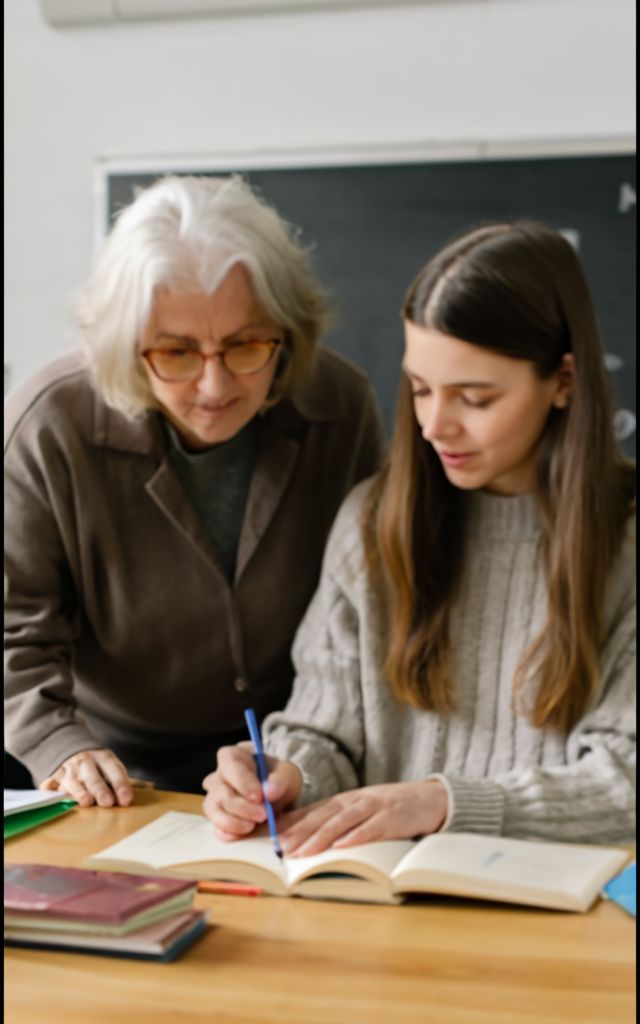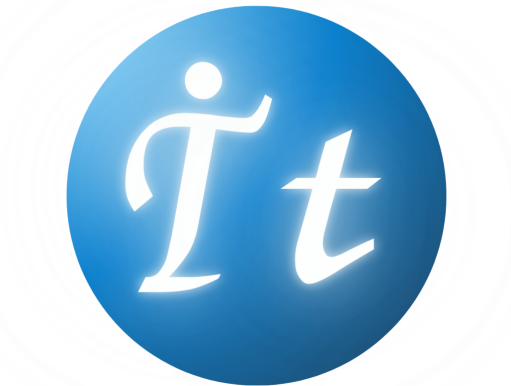How to Deliver the Same Quality of Teaching as Experienced Teachers
In this comprehensive guide, we’ll delve into actionable steps and expert insights on how to elevate your teaching skills. We’ll make significant strides in teacher improvement as a beginning educator in Australia. From mastering classroom management techniques to cultivating strong relationships with students, parents, and colleagues, we’ve got you covered.
Let’s explore some ways in which beginning teachers can ensure that they are providing the same level of teaching quality as their more experienced counterparts. But first, follow the Lead Teacher Tips on tiktok:
How to Prepare Thoroughly

One key way to deliver the same quality of teaching as experienced and effective teachers is to thoroughly prepare for each lesson. Take the time to familiarise yourself with the content. Anticipate potential questions or challenges from students. Ensure that you have all the necessary materials and resources at hand.
By being well-prepared, you can confidently guide your students through the lesson. You can provide them with a comprehensive understanding of the subject matter.
How to Engage Your Students
Another important aspect of delivering high-quality teaching is to engage your students in the learning process. Utilise interactive and creative teaching methods, such as group activities. Also use hands-on experiments, and multimedia presentations. These capture your students’ interest and encourage active participation.
By making learning fun and interactive, you can ensure that your students, including Aboriginal and Torres Strait Islander students, are absorbing the material and developing a genuine passion for learning.
How to Seek Guidance and Feedback
It is also crucial for beginning teachers to seek guidance and feedback from their more experienced colleagues. Don’t be afraid to ask for advice or observe other teachers in action. Learn from their expertise.
Additionally, be open to constructive feedback from both your colleagues and your students. Use it as an opportunity for growth and improvement in your teaching practices. This is just like when you were a pre-service teacher.
How to Reflect and Adapt
Constantly reflect on your teaching practices. Be willing to adapt and evolve as an educator. Consider what worked well in your lessons. Determine what could be improved. Make adjustments accordingly.
By being proactive in your self-reflection and willingness to adapt, you can continually enhance the quality of your teaching. Strive to match the level of expertise seen in more experienced and accomplished teachers.
While early career teachers may lack the experience of their more seasoned counterparts, they can still provide the same level of quality teaching. They do this by thoroughly preparing and engaging their students. Seek guidance and feedback. Maintain a growth mindset.
With dedication and a genuine passion for education, early career teachers have the potential to become accomplished teachers.
How to Prepare for Your First Class
As a beginning teacher, preparing for your first class can be both exciting and nerve-wracking.
You want to make a great impression on your students. You want to set the tone for a successful school year. To help you feel confident and ready for your first class, here are some tips to guide you.
….Make a Plan
One of the most important things you can do to prepare for your first class is to make a thorough plan. Start by outlining the goals and objectives for the lesson and student learning.
What do you want your students to know or be able to do by the end of the class? Once you have a clear understanding of your goals, you can start to brainstorm different activities, discussions, or materials that will help you achieve them.
Consider the structure of your class. How will you start the lesson? What activities or discussions will you include in the middle? How will you wrap up the lesson? Having a clear plan for how the class will flow will help you feel more organised and a more effective teacher.
Next, think about the materials you will need for the lesson. Will you need handouts, visual aids, or technology resources? Make sure you have everything prepared and organised before your class starts.
Remember when you were a pre-service teacher? This will help you avoid any last-minute scrambling or confusion.
Finally, consider any potential challenges or roadblocks that may arise during the lesson and within your educational setting. How will you handle them? Thinking ahead and having a plan in place for unexpected issues will help you feel more confident and prepared.
By making a thorough plan for your first class, you will set yourself up for success. You’ll create a positive and engaging learning experience for your students. Thorough planning is an effective teaching practice. Even the Australian government has their ‘plan’ for teachers!
How to Build Classroom Relationships
Building strong relationships with your students is crucial to creating a positive and supportive learning environment.
As a beginning teacher, it’s important to establish a connection with your students from the very beginning. Then, continue this practice during your whole teaching career. Here are some tips to help you build meaningful relationships in the classroom.
…Show genuine interest in your students
One of the best ways to build relationships with your students is to show a genuine interest in their lives. Take the time to get to know each of your students on a personal level. Ask them about their hobbies and interests. Ask them what they enjoy doing outside of school.
By showing a genuine interest in your students, you will not only build a stronger connection with them, but you will also gain a better understanding of their individual needs and learning styles.
Building relationships with your students is a fundamental demonstration of true teacher quality.
By showing a genuine interest in your students, you will build strong and meaningful connections with them. You will also create a positive and supportive learning environment in your classroom.
So, take the time to get to know your students. Show that you care. Watch as your classroom relationships flourish as you become an early expert teacher.
How to Prioritise your Wellbeing as a Beginning Teacher
As a beginning teacher, it’s easy to get caught up in the whirlwind of lesson planning, grading papers, and managing classroom behavior. However, it’s important to remember to prioritise your own wellbeing amidst the chaos of the school day.
Taking care of yourself benefits your own health and happiness. It also allows you to be the best teacher you can be for your students.
First and foremost, make sure to get enough sleep each night. As a new teacher, it’s tempting to stay up late working on lesson plans or grading papers. However, getting a good night’s sleep is essential for your overall wellbeing. Aim for 8 hours of sleep each night to ensure you are well-rested and ready to take on the day.
In addition to sleep, it’s important to make time for self-care activities.
Whether it’s going for a walk, practicing yoga, or indulging in your favourite hobby, carving out time for yourself is crucial for maintaining a healthy work-life balance.
Remember, you can’t pour from an empty cup, so taking care of yourself is essential in order to be able to give your best to your students.
Finally, don’t be afraid to ask for help if you need it. Teaching can be demanding, and it’s okay to lean on your colleagues, friends, or family for support when you need it.
Whether it’s seeking advice on classroom management, venting about a challenging day, or asking for help with a lesson plan, reaching out to others can help alleviate some of the stresses of teaching.
By prioritising your wellbeing as a beginning teacher, you can ensure that you have the energy and mindset to be the best educator possible for your students.
Being aware of self-care is so important. If you’re interested in a teacher’s personal journey of self-care, watch this!
Remember, taking care of yourself is not selfish – it’s necessary for being the best teacher you can be!
